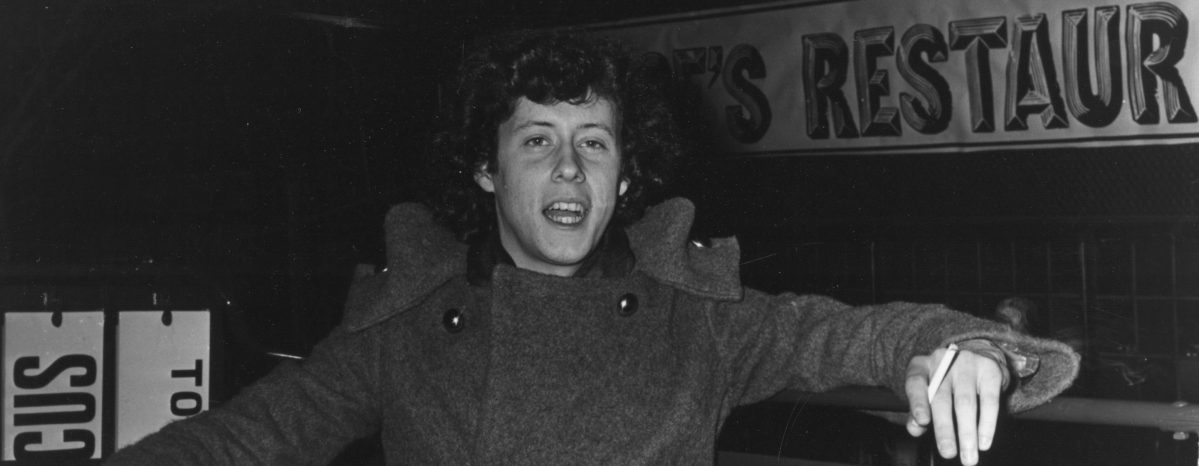Almost as universal a Thanksgiving staple as turkey with all the fixings at grandma’s house is a visit to Alice’s Restaurant on the radio.
Five decades after its initial release, the 18-minute, 34-second song still resonates with new generations as an anti-establishment statement with only minimal lyrical connection to Alice and her restaurant. Only, as Smithsonian Magazine reports, the first part of the song is very much linked to a real Alice and an improbable sequence of events on Thanksgiving in 1965.
As Smithsonian’s David Sears writes: “It was a Thanksgiving feast prepared by Alice that started the events memorialized in Guthrie’s song–a work that capsulized a young generation’s disaffection with bureaucratic stupidity, resonated as an anti-war anthem and still captivates audiences with its simple melody, gentle narrative and infectious chorus.”
Alice and Ray Brock, teachers at a boarding school in Stockbridge, Massachusetts, where Guthrie briefly attended, invited students to stay for the holiday in the deconsecrated church in which they lived. As a gesture of thanks, the future songwriter and a friend offered to tote half a ton of garbage from the church to a dump. When they arrived to find the junkyard closed for Thanksgiving, they tossed the refuse over a cliff instead.
When police traced the litterers back to the Brocks’ home, the two boys stepped forward to take the blame. They were fined and forced to pick up trash for community service. But in the ridiculous sequence of events, Guthrie found inspiration for a song about the establishment.
“I simply put my real-life events into context, from my perspective,” Guthrie told Smithsonian.
This fall marks the 50th anniversary of the release of Arlo Guthrie’s famous album with the iconic “talking blues” tune of the same name taking up one side. That song, originally titled Alice’s Restaurant Massacree, helped cement Woody’s son as a folk star in his own right after debuting on New York City’s WBAI-FM that February and becoming the breakout hit of the 1967 Newport Folk Festival shortly afterward.
This article was featured in the InsideHook newsletter. Sign up now.
























